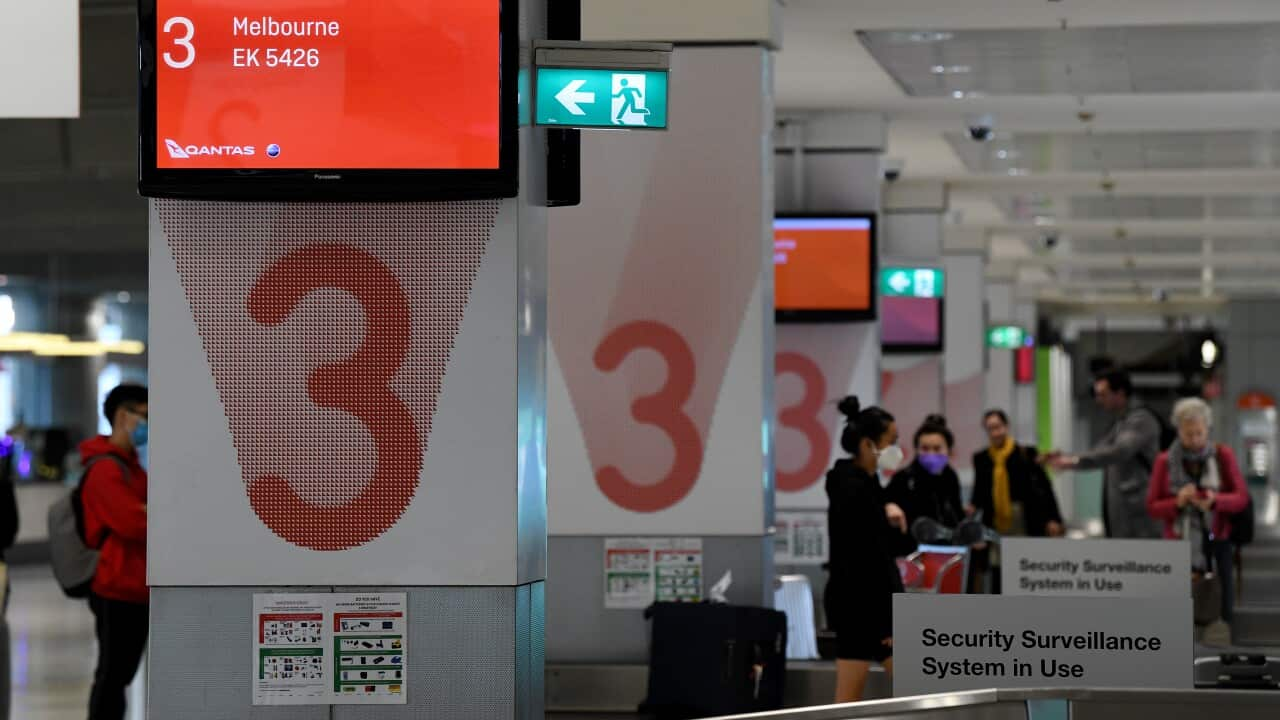Key Points
- Minister for Agriculture Murray Watt said the new penalties were the highest for an infringement notice for an individual under the Biosecurity Act.
- Failure to comply with the new requirements could result in civil penalties of up to $266,400 or an on-the-spot fine of $4,440.
- The new legislation was in response to a number of recent "disturbing" incidents.
People caught bringing high-risk food products into Australia face tough new biosecurity laws that include on-the-spot fines, which have doubled and civil penalties of a quarter of a million dollars.
Minister for Agriculture Murray Watt said the new penalties were the highest for an infringement notice for an individual under the Biosecurity Act.
"What we've done is almost double the infringement notice for people who deliberately conceal meat and other high-risk products in their bag," Senator Watt told AAP on Tuesday.
Failure to comply with the new requirements could result in civil penalties of up to $266,400 or an on-the-spot fine of $4,440.
"What we're finding is that there are also people who not only just forget to declare something, but there's people who actively conceal it," Senator Watt said.
He said under previous penalties, individuals who attempted to conceal high-risk goods were subject to the same penalties as people guilty of less serious behaviour.
Senator Watt said the new legislation was in response to a number of recent "disturbing" incidents of people attempting to bring food into the country illegally.
In October, a man who tried to enter Australia through Perth airport with 6kg of meat in his baggage had his visa cancelled and was fined $2,700.
The Indonesian national was deported, but some farmers called for tougher penalties, including prison.
Senator Watt said jail was not the answer. "My view is we're better off kicking them out and never letting them in in the first place. Stiff fine and kicking them out," he said.
Under the amendments to the Biosecurity Act, those in charge of aircrafts and vessels breaching the country's biosecurity laws will face sanctions of up to $222,000 for an individual or $1.1 million for corporate bodies.
Senator Watt said the changes would help Australia adapt and respond to evolving biosecurity risks.
In October, the federal government introduced harsher penalties for people bringing in meat from countries dealing with foot and mouth, which poses a major risk to Australia's agricultural industry.











